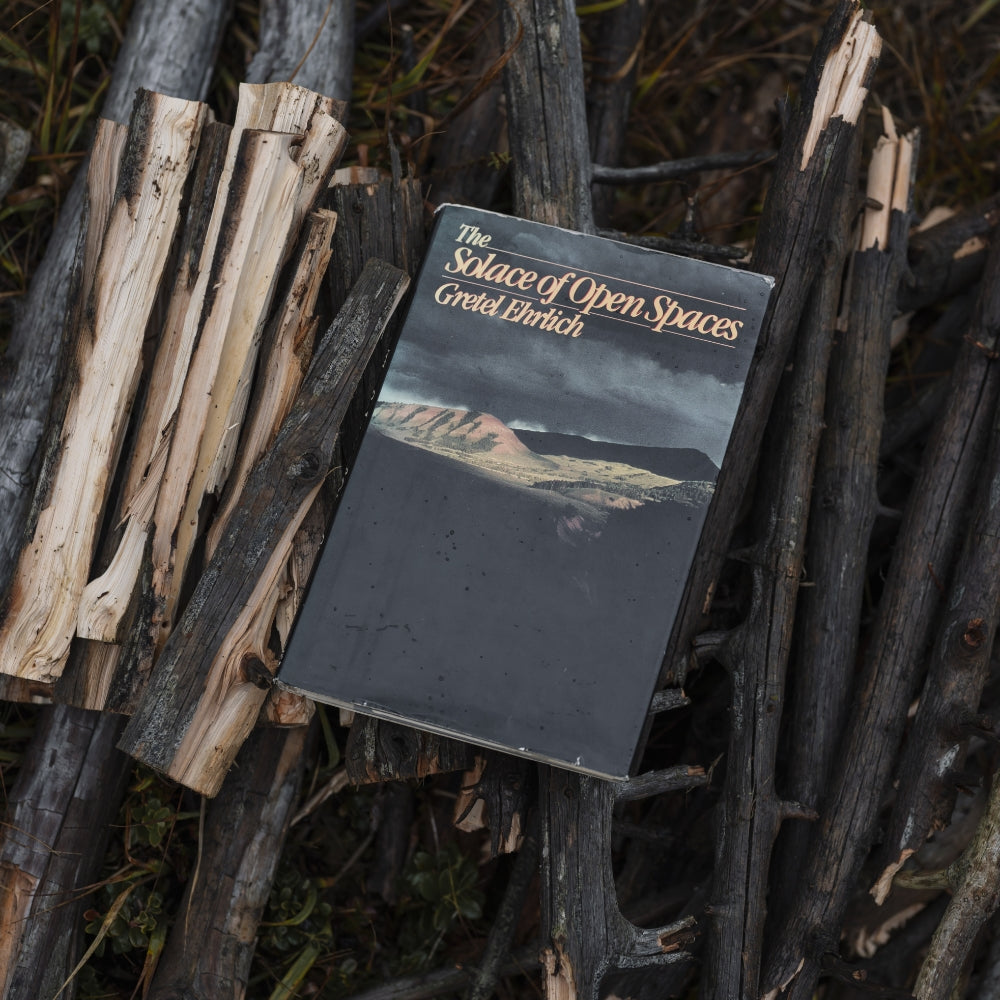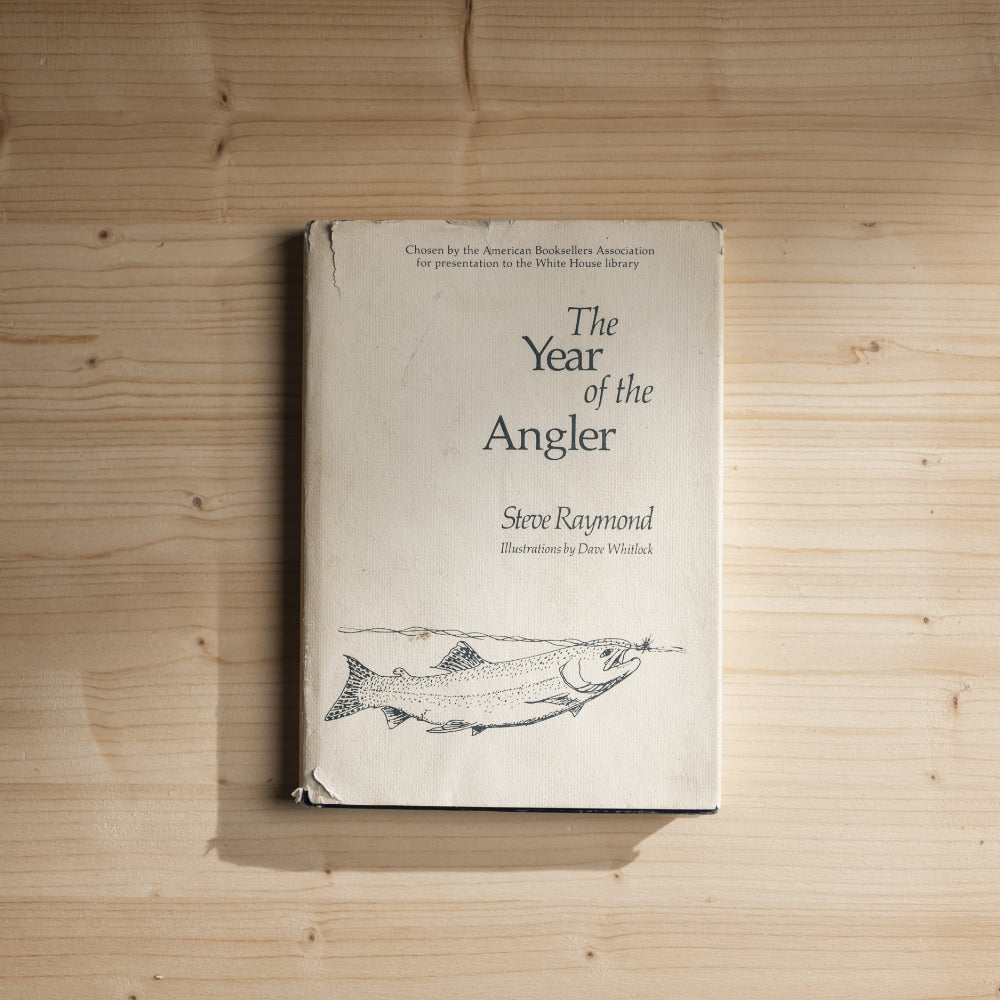Dylan Tomine’s “Headwaters” is a poignant and insightful journey through the wild landscapes and waters that define the Pacific Northwest. Tomine, an accomplished angler and conservation advocate, weaves a narrative that is both deeply personal and universally resonant. Through his evocative prose, readers are invited to explore the interconnectedness of nature, family, and the enduring quest to preserve our planet’s pristine beauty.

In “Headwaters,” Dylan Tomine chronicles his experiences fishing in some of the most remote and stunning locations in the world. His narrative is rich with vivid descriptions and thoughtful reflections, capturing the essence of each adventure. From the crystalline streams of Alaska to the rugged coastline of British Columbia, Tomine’s stories are a testament to the majesty and fragility of these environments.
Dylan Tomine is a renowned conservationist and writer with a deep passion for the natural world. His expertise in angling and his dedication to environmental preservation are evident throughout the book. Tomine’s background and commitment to conservation lend authenticity and depth to his writing, making it both inspiring and informative. His ability to blend personal anecdotes with broader environmental themes creates a compelling and engaging narrative.
The central themes of “Headwaters” revolve around the beauty of nature, the importance of conservation, and the bonds that form through shared outdoor experiences. Tomine’s reflections on the environmental challenges facing the Pacific Northwest are both sobering and motivating. He emphasizes the urgent need to protect these precious ecosystems for future generations, weaving this message seamlessly into his storytelling.
A particularly memorable moment in the book is Tomine’s recounting of a fishing trip with his children. This episode highlights the joys and challenges of introducing the next generation to the wonders of the natural world. Through his children’s eyes, Tomine sees the future of conservation and the hope that lies in fostering a deep connection to nature. This narrative not only underscores the personal significance of these experiences but also the broader implications for environmental stewardship.
As the book concludes, Tomine leaves readers with a sense of responsibility and optimism. His final thoughts are a call to action, urging us to become active participants in the preservation of our natural world. Tomine’s heartfelt plea for conservation resonates deeply, reminding us that the protection of our environment is a collective responsibility.
“Headwaters” by Dylan Tomine is a must-read for anyone who loves nature and understands the importance of conservation. Tomine’s eloquent writing and profound insights make this book a valuable addition to the canon of environmental literature. We highly recommend this book to outdoor enthusiasts, conservationists, and anyone seeking a deeper connection to the natural world. Tomine’s narrative will leave readers inspired to explore and protect the beautiful, fragile places that sustain us all.











